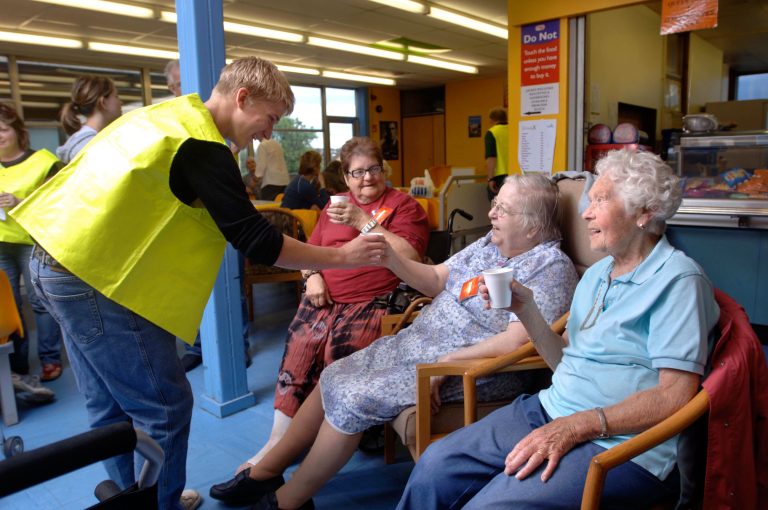The call for a decade of national renewal is galvanising to many, but can be met with cynicism in communities which have experienced anything but renewal for decades. Their experience has been more of an unravelling. Unravelling of their local economy, their public services and built environment, and even their social fabric.
This unravelling is most acute in what are termed ‘doubly disadvantaged neighbourhoods’, places in the bottom 10% of measures of deprivation and social infrastructure. Over 2 million people live in 1,315 neighbourhoods which fall into this bracket. It is therefore understandable there’s a widespread feeling that “nothing works anymore”.
Since coming to power the government has launched an array of measures to support doubly disadvantaged communities, culminating in the Pride in Place Strategy. At the Labour Party Conference in Liverpool last week, it was clear politicians and ministers are really committed to new investment at the hyperlocal level. Overall the government will invest over £5bn in doubly disadvantaged neighbourhoods over the next decade.
But the approach risks being piecemeal and disconnected. Community leaders are frustrated by having to shoehorn their local ideas into a one-size-fits-all policy framework designed hundreds of miles away. So we need to see a shift away from neighbourhoods as the receiving end of a panoply of policies coordinated centrally, to one where neighbourhoods are able to coordinate the policies that affect them.
This requires a fundamentally new relationship between the citizen and the state. One that goes back to the roots of our democracy. Speaking at the launch of the Growth and Reform Network last month, Josh Simons MP, Minister in the Cabinet Office, told the audience that sovereignty starts with people, people who care about their identity in place, and it is time that central government reflects those changes in the country.
Our report published today, ‘Mission Critical 04: Building a new relationship between people and the state’, introduces a framework for creating a new relationship between people and the state. It involves taking the government’s mission playbook – setting audacious goals, devolving power to where it can be best used, and governing in partnership – to a neighbourhood level. It describes a model of mission-driven government where:
- Neighbourhoods are at the heart of government efforts to improve outcomes
- Neighbourhoods can effectively wield power, enabled by an ecosystem of support
- People participate more in democratic processes.
Importantly, each of these elements connects and reinforces the others. People will participate in efforts for national renewal if they have the power to make changes they care about – in terms which are meaningful to them – and the support to effectively use that power.

A new relationship between the citizen and the state will be a process of renewal, not revolution. To implement our new framework, we recommend the government builds on its new £5bn ‘Pride in Place’ programme and other neighbourhood policies by:
- Putting neighbourhoods at the heart of missions by enhancing the powers and duties of Local Growth Plans to ensure economic growth is felt in the UK’s 1,315 doubly disadvantaged neighbourhoods
- Strengthening neighbourhood power by making it easier to establish Parish Councils and bolstering the capacity to effectively wield power, for example by offering unrestricted small grants for resident-led change in the UK’s doubly disadvantaged neighbourhoods
- Encourage greater participation by making participatory processes a requirement of all funds invested in social infrastructure, such as the 25 Trailblazer neighbourhoods.
The opportunities described above may sound incremental to many already interested in community power and participation, but we don’t underestimate just how ‘new’ this changed relationship would be for many in government. There will always be reasons to delay or weaken such innovations: to avoid wasteful duplication when the fiscal position is tight; to ensure that ‘best practice’ is followed; or because it is better to wait until a neighbourhood has had the time to build its capacity. It’s like believing that being allowed into the gym to view the equipment will be enough to build muscles.
Orthodox models will not lead to national renewal, but to continued unravelling. A new mindset is required, founded on a new relationship between people and the state.
‘Mission Critical 04: Building a new relationship between people and the state’, is published today by The Future Governance Forum and Local Trust.





